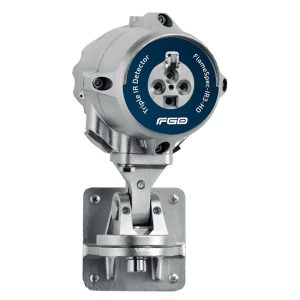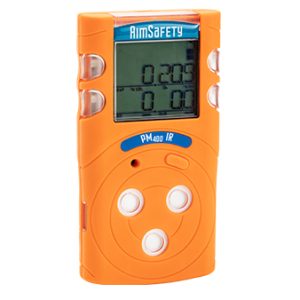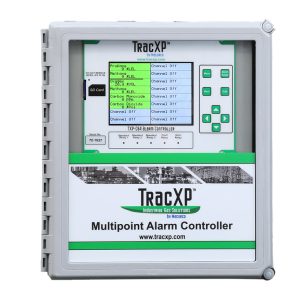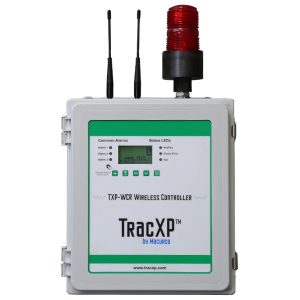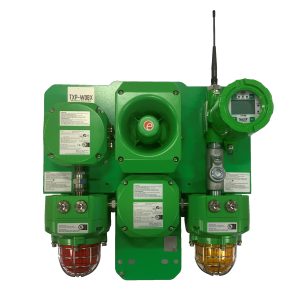
Gas detection plays a crucial role in ensuring personal and property safety within the waste disposal industry. This sector encompasses activities such as landfill operations, waste treatment plants, and incineration facilities, where the presence of hazardous gases can pose significant risks. Implementing effective gas detection systems is essential to mitigate these risks and maintain a safe working environment.
Why Utilize a Gas Detection System?
Safety Measures
In the waste disposal industry, gas detection is vital for protecting the well-being of workers at various facilities. Landfills, for example, generate gases such as methane (CH4) and hydrogen sulfide (H2S) as organic waste decomposes. These gases can be flammable, toxic, or both, posing serious risks to workers. Gas detectors continuously monitor the air quality and promptly detect the presence of hazardous gases. Early warnings from these detectors enable workers to take immediate actions, such as evacuation or donning appropriate personal protective equipment, minimizing the risk of exposure and potential harm.
Personnel and Property
Gas detection is equally critical for protecting property and infrastructure within the waste disposal sector. Landfill gas extraction systems rely on gas detection to ensure their safe and efficient operation. Monitoring gas levels enables detection systems to trigger alarms and activate safety measures, including ventilation systems, emergency shutdown procedures, or automatic fire suppression systems. These measures help prevent accidents, limit property damage, and maintain the integrity of critical infrastructure.
Sustainability
Gas detection contributes to environmental protection in the waste disposal industry. Effective monitoring and detection of gases such as methane, a potent greenhouse gas, allow for the implementation of measures to reduce emissions. By promptly identifying and addressing gas leaks or excess gas buildup, companies can minimize their environmental impact and ensure compliance with environmental regulations.
Common Waste Disposal Applications
Recycling Center

Transfer Station

Landfills

Gases Found
Common gas hazards found in these plants are combustible gases such as Methane (LEL), oxygen deficiency and toxic gases. Your local jurisdiction or your on-site safety personnel can recommend what to monitor for at these locations.
Combustible Gases
Methane/Natural Gas • LNG • Propane • LPG • Butane • Fuel Oils (Aviation Fuels, Diesel Fuels, Gasoline)
Toxic Gases
Ammonia • Benzene • Carbon Dioxide • Hydrogen Sulfide • Oxygen • Sulfur Dioxide • Volatile Organic Compounds
Safety First
Gas detection is of utmost importance for personal and property safety within the waste disposal industry. These systems provide early warnings, facilitate swift response to potential gas hazards, prevent accidents, protect workers, preserve infrastructure, and minimize environmental impact. By prioritizing gas detection, companies in this sector can maintain a safe working environment, protect their employees, comply with regulations, and uphold their commitment to safety and sustainability.



